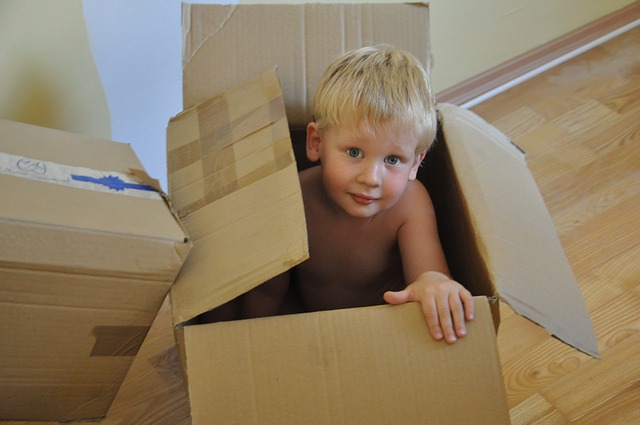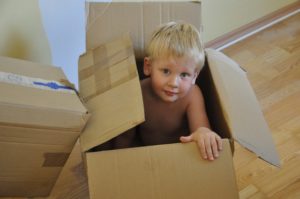 Helping Your Child Deal with Moving
Helping Your Child Deal with Moving
Even when it’s a “good” move, moving your child from one home to another can be stressful and upsetting to them.
Most people view their home as a source of security. It’s the one place you can go to make everything quiet again and to forget about the cares and stressors of the world.
Even when “home” isn’t rosy, it still breeds a sense of security in both children and adults alike. It may not be perfect, but at “home” people know what to expect, and the lack of uncertainty – whether the certainty is good or bad – often establishes a sense of peace in people.
If you’re facing a move to a different home with your family, there are certain things a child psychologist can do to help your child better deal with the change and to help them to make the transition a smoother one.
Seeing the Experience in a Positive Light
As an objective party, a child psychologist can help your child to recognize and focus on the positive points about the move. Even if the move is being done due to negative circumstances, your child’s psychologist has been trained to help people see the positive in a negative situation.
Because the psychologist has no direct interest on whether or not you move, the professional psychologist can gain a sense of trust with your child as he or she helps your child learn to recognize the positive reasons behind the move.
Sorting out Feelings
Children are often reluctant to share their feelings with loved ones, but a compassionate child psychologist in a neutral zone (such as the psychologist’s office) can help children to let their guard down and share deep-seated feelings they may have about the move.
As your child begins to identify and share his or her feelings, they can learn ways to cope with those feelings in a healthy manner.
Encouraging Healthy Relationships
Children subjected to a move often feel resentment toward the people responsible for the move: their parents. A trained child psychologist can help your child view the move from the parent perspective and help develop empathy in your child toward you as his or her parent.
This type of encouragement will help your child to work through feelings of fear and anger more quickly, and will help them to develop healthier relationships with those closest to them as they learn to adjust to the idea of moving.
Developing Coping Skills
Child psychologists are trained in helping children develop coping skills for major life events and changes. Once your child’s psychologist teaches him or her the specific coping skills that will best work for them, your child will have skills that they can use to conquer stress, fear and other emotions on their own.
When your child learns that they can handle troubling emotions on their own, their confidence can increase, and life changes can become easier to handle.
Working as a Team
Major life changes are more easily adapted to when there is a team going through the change. Your family is that team. A child psychologist or family counselor can help your child to understand the benefits of working as a team with your family as you experience the adventure of moving and its ups and downs.
As your child begins to understand this concept, he or she will learn to lean on you and other family members for support, and will learn the important concept of supporting others as well.
As difficult as moving is, there is always “good” that can come from a new move – whether that be the new friends made or the experience of doing something new and different.
With the right help, your child can learn to turn your move into a positive and exciting experience.
If the move is due to a divorce or moving to a different family, you may want to consider Blended Family Counseling.
If you’re looking for a counselor to help with moving anxiety, contact Dr. Keller. He specializes in child psychology and therapy.

 Helping Your Child Deal with Moving
Helping Your Child Deal with Moving
Recent Comments